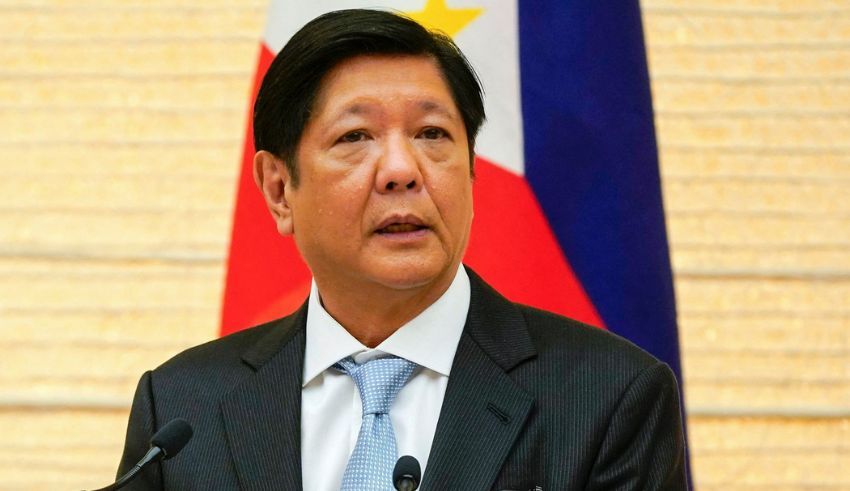
Philippine President Ferdinand Marcos Jr. sparked outrage and criticism for using a presidential helicopter to attend a Coldplay concert in Bulacan on Friday, January 19, 2024.
The move was seen as a blatant abuse of power and a waste of public funds, as well as a sign of his disregard for the plight of millions of Filipino commuters who suffer from the worst traffic in the world.
The Presidential Chopper Scandal
Photos and videos of Marcos and his wife Liza Araneta-Marcos arriving and departing from the Philippine Arena, the world’s largest indoor arena, via helicopter went viral on social media, drawing the ire of netizens who slammed the president for his extravagance and insensitivity. The concert venue is only 32 kilometers away from Malacañang, the presidential palace, and could have been reached by car in less than an hour.
Many pointed out that the use of the presidential chopper, which costs around ₱200,000 per hour to operate, was unnecessary and unjustified, especially since the country is facing a fiscal deficit and a debt crisis. They also questioned the security rationale behind the decision, as the president was not in any imminent danger or emergency situation.
The Presidential Security Group (PSG) defended the president’s action, citing “unforeseen traffic complications” that posed a potential threat to his safety. PSG commander Jesus Nelson Morales said in a statement that the “unprecedented influx of 40,000 individuals eagerly attending a concert” resulted in traffic congestion, and that the PSG took “decisive action” by opting for the presidential chopper.
Keep Reading
However, this explanation was met with skepticism and ridicule, as many pointed out that the traffic situation was predictable and manageable, and that the president could have planned ahead and left earlier. They also noted that the president did not seem to be bothered by the traffic, as he was seen laughing and covering his face when Coldplay’s lead singer Chris Martin thanked the fans for braving the traffic to see the band live.
The Implications for Marcos’ Presidency
The presidential chopper scandal is not the first time that Marcos has been accused of misusing government resources and abusing his power. Marcos, who is the son and namesake of the late dictator Ferdinand Marcos Sr., has been linked to various cases of corruption, human rights violations, and electoral fraud, dating back to his father’s regime, which ended in 1986 after a popular uprising.
Marcos’ critics have warned that his presidency poses a threat to the country’s democracy, as he has shown signs of authoritarian tendencies and has attempted to revise history and whitewash his family’s crimes. Marcos has also faced allegations of incompetence and negligence, as he has failed to address the country’s pressing problems, such as the Covid-19 pandemic, the economic recession, the poverty and inequality, and the territorial disputes with China.
The presidential chopper scandal has further eroded Marcos’ credibility and popularity, as it has exposed his lack of ethics and accountability, as well as his disconnect from the realities and hardships of the Filipino people. Many have called for his resignation or impeachment, and have vowed to oppose his bid for re-election in 2028. Marcos has not issued any apology or explanation for his action, and has dismissed the criticism as part of a political smear campaign.




